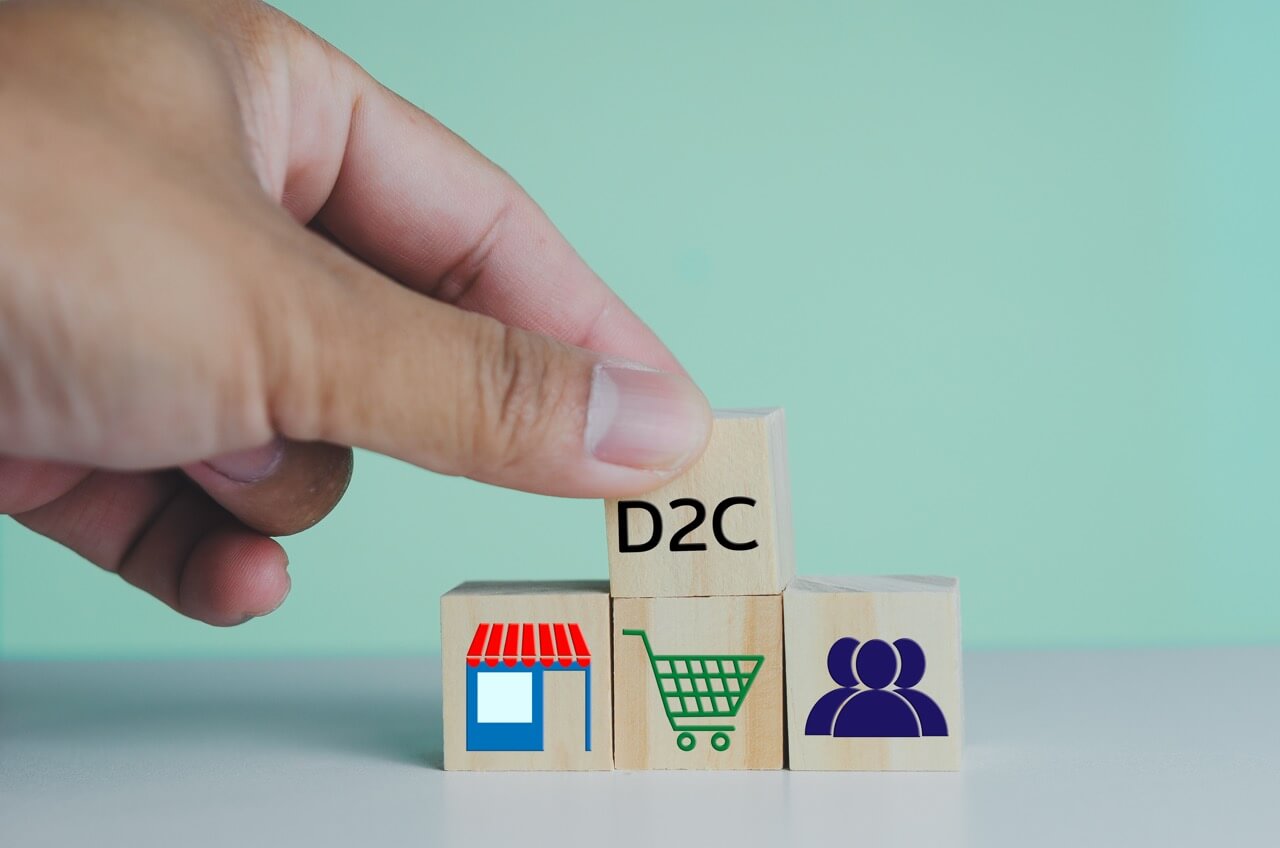Direct-to-consumer (D2C) brands have revolutionised how businesses connect with their customers. Having worked with established brands like Durex and Finish, helped launch startups like Tempt Wellness, and mentored numerous emerging brands, I’ve witnessed firsthand the unique dynamics of the D2C landscape.
My past experience at Skyscanner and PropertyGuru, made me believe that building a B2C business would involve extensive problem identification (deep consumer gap understanding) and solution development. However, D2C presents a more streamlined path, combining great products with thoughtful marketing to solve consumer problems quickly and in many, many ways very effectively.
Five reasons why D2C brands have my heart:
- Rapid Launch and Testing
One of the most appealing aspects of D2C is the ability to start small and move quickly. The barrier to entry is remarkably low, allowing entrepreneurs to test their concepts and build their businesses with minimal initial investment. This agility enables rapid iteration and market validation.
- Innovation at Speed
The D2C model thrives on innovation and quick adaptation. Without traditional retail constraints, brands can rapidly implement new ideas, test different approaches, and pivot based on direct consumer feedback. This environment fosters creativity and continuous improvement.
- Authentic Brand Building
D2C offers the unique opportunity to build a brand from the ground up with complete control over its narrative. Unlike traditional retail channels, where brand stories might get diluted, D2C allows for consistent, authentic storytelling that resonates with target audiences.
- Deep Consumer Insights
The direct relationship with customers provides unparalleled insights into consumer behaviour. D2C brands literally grow alongside their early adopters, gathering valuable first-party data that informs product development and marketing strategies. This direct connection creates a powerful feedback loop for continuous improvement.
- Low Initial Investment
Starting a D2C brand requires minimal upfront costs. With platforms like Shopify and basic website development, entrepreneurs can launch their businesses without significant capital investment.
However, the D2C journey isn’t without its challenges. Two significant hurdles stand out:
- The Profitability Challenge
While starting is easy, scaling profitably can be challenging. Advertising costs can quickly escalate as brands try to reach new customers, potentially creating unsustainable business models. Without careful monitoring of customer acquisition costs, D2C brands can find themselves in a spending spiral.
- Limited Business Model Fit
Not every product or service is suited for the D2C model. Success requires a clear product-market fit and a genuine solution to consumer problems. Some businesses may find traditional retail channels more appropriate for their offerings.
Despite these challenges, D2C remains an exciting opportunity for entrepreneurs passionate about solving consumer problems. The ability to build, nurture, and grow a brand directly with customers creates a unique and rewarding business experience. Success in D2C requires a delicate balance of innovative product development, efficient marketing strategies, and careful financial management.



